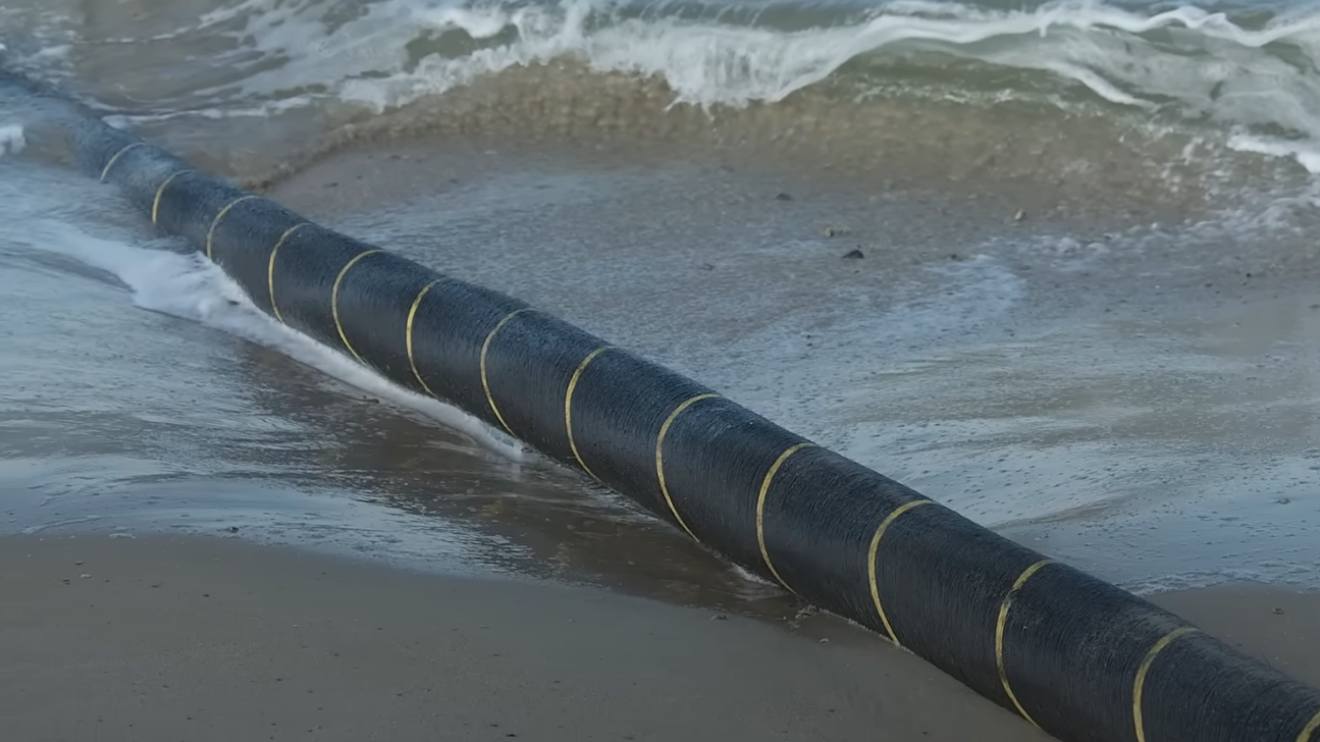Uganda's decision to withhold the withdrawal of its case against Kenya continues to cast shadows over the diplomatic truce struck between the two East African nations.
Despite recent assurances of collaboration in the energy sector, Uganda is yet to formally retract the legal action filed last December, signalling potential tensions lingering beneath the surface.
Confirmation of Uganda's stance came from the deputy registrar of the East African Court of Justice, Christine Mutimura-Wekesa, who stated, "No Notice of Withdrawal has been filed."
The court's prioritization system, operating on a "first in-first out" basis, further prolongs the scheduling of hearings until earlier matters are addressed.
"We are yet to schedule the hearing as the Court works on a "first in-first out" basis and so priority will be given to matters filed earlier,” she said.
Read More
The rift between the two nations originated from Kenya's refusal to grant Uganda National Oil Company (UNOC) access to the storage and transport facilities of Kenya Pipeline Company (KPC) in September of the preceding year.
Uganda's subsequent recourse to the regional court underscored the magnitude of the disagreement, with UNOC's aspirations for direct fuel imports facing regulatory hurdles in Kenya.
Despite a recent breakthrough in negotiations, symbolized by Energy Cabinet Secretary Davis Chirchir's affirmation of collaboration and UNOC's anticipated licensing, Uganda's reluctance to withdraw the case raises concerns.
The envisaged synergy in utilizing KPC's infrastructure remains contingent upon diplomatic resolutions that transcend legal disputes.
Kenya's initiation of a government-backed fuel importation deal with Gulf majors, coupled with Uganda's pursuit of direct imports through UNOC, exemplifies the intricate dynamics at play.
While both nations navigate economic imperatives and strategic partnerships, the unresolved legal confrontation underscores underlying complexities in bilateral relations.
Prior accusations from Uganda regarding Kenya's alleged obstructionism in fuel importation processes hint at deeper grievances yet to be fully addressed.
UNOC's initial setbacks in securing regulatory approval from Kenya's Energy and Petroleum Regulatory Authority (EPRA) further exacerbated tensions, prompting interim solutions involving Tanzania's facilitation of fuel imports.
Kenya's imposition of stringent conditions upon granting UNOC a limited importation license, restricted solely to refined petroleum products, reflects a cautious approach to regional energy dynamics.
The stipulated validity period until March 2025 delineates a timeline within which diplomatic entanglements necessitate resolution for sustained cooperation.
As the impasse persists, questions linger regarding the broader implications on diplomatic ties between Uganda and Kenya.
The intricacies of energy geopolitics intertwine with legal intricacies, underscoring the imperative for constructive dialogue and mutual understanding in navigating shared challenges within the East African region.

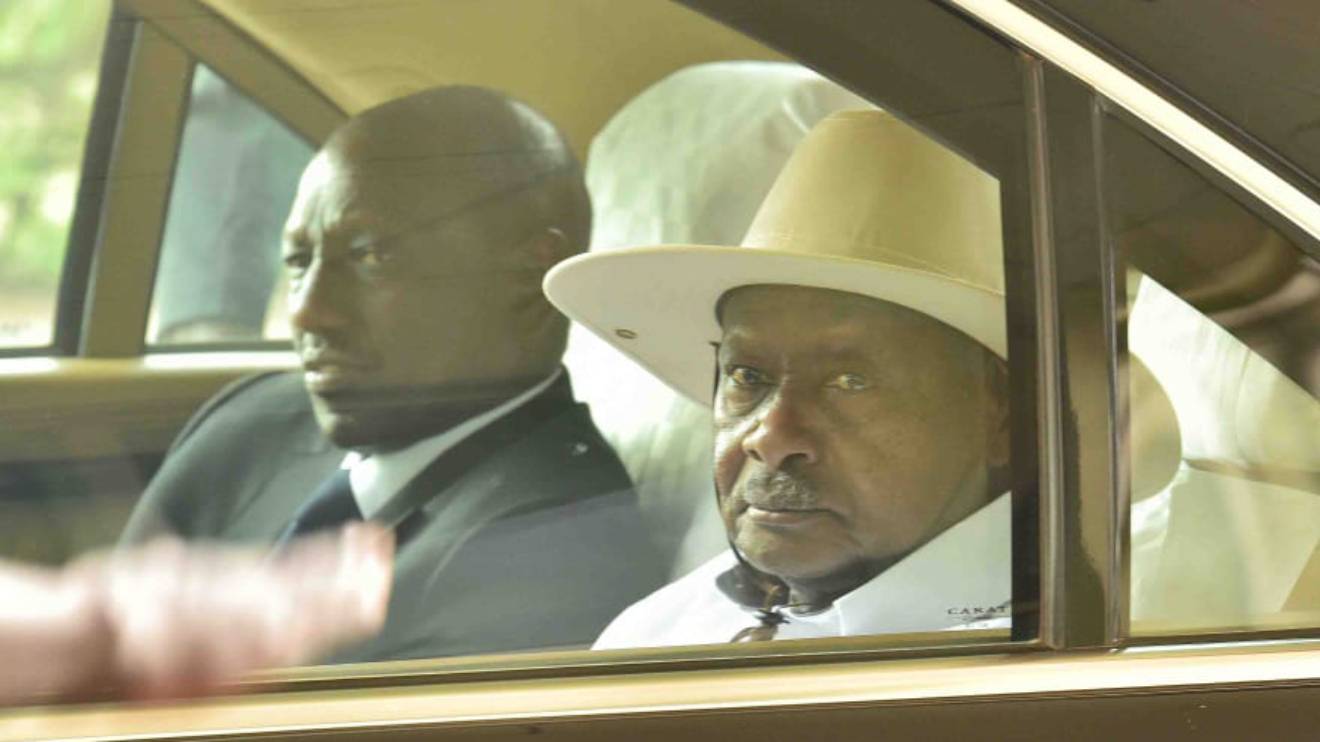

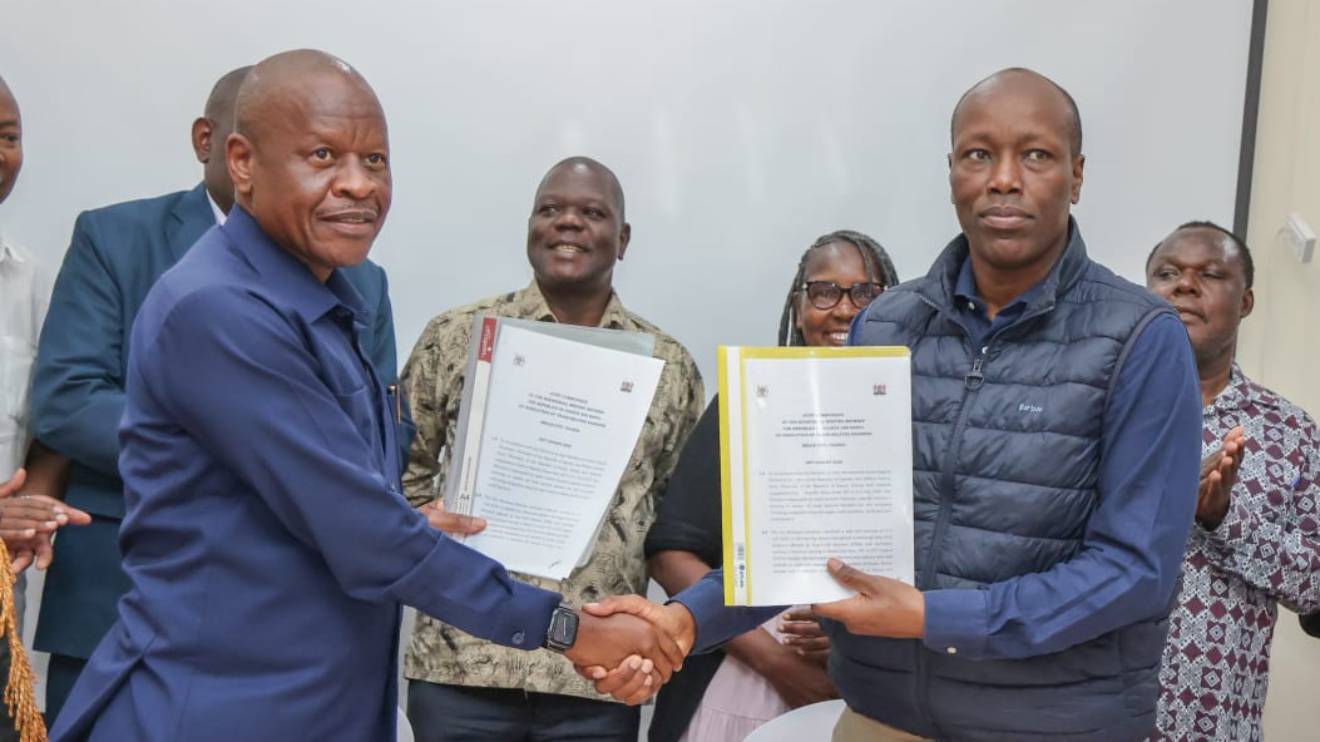
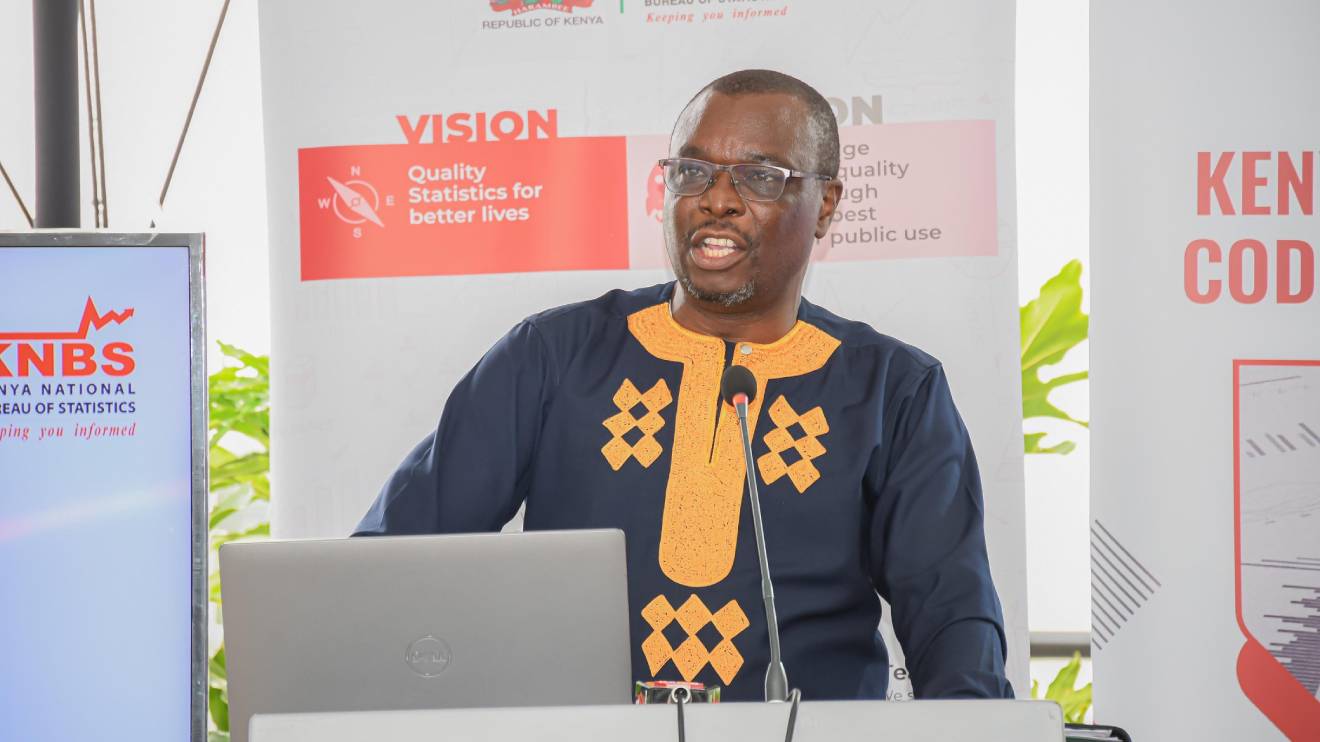
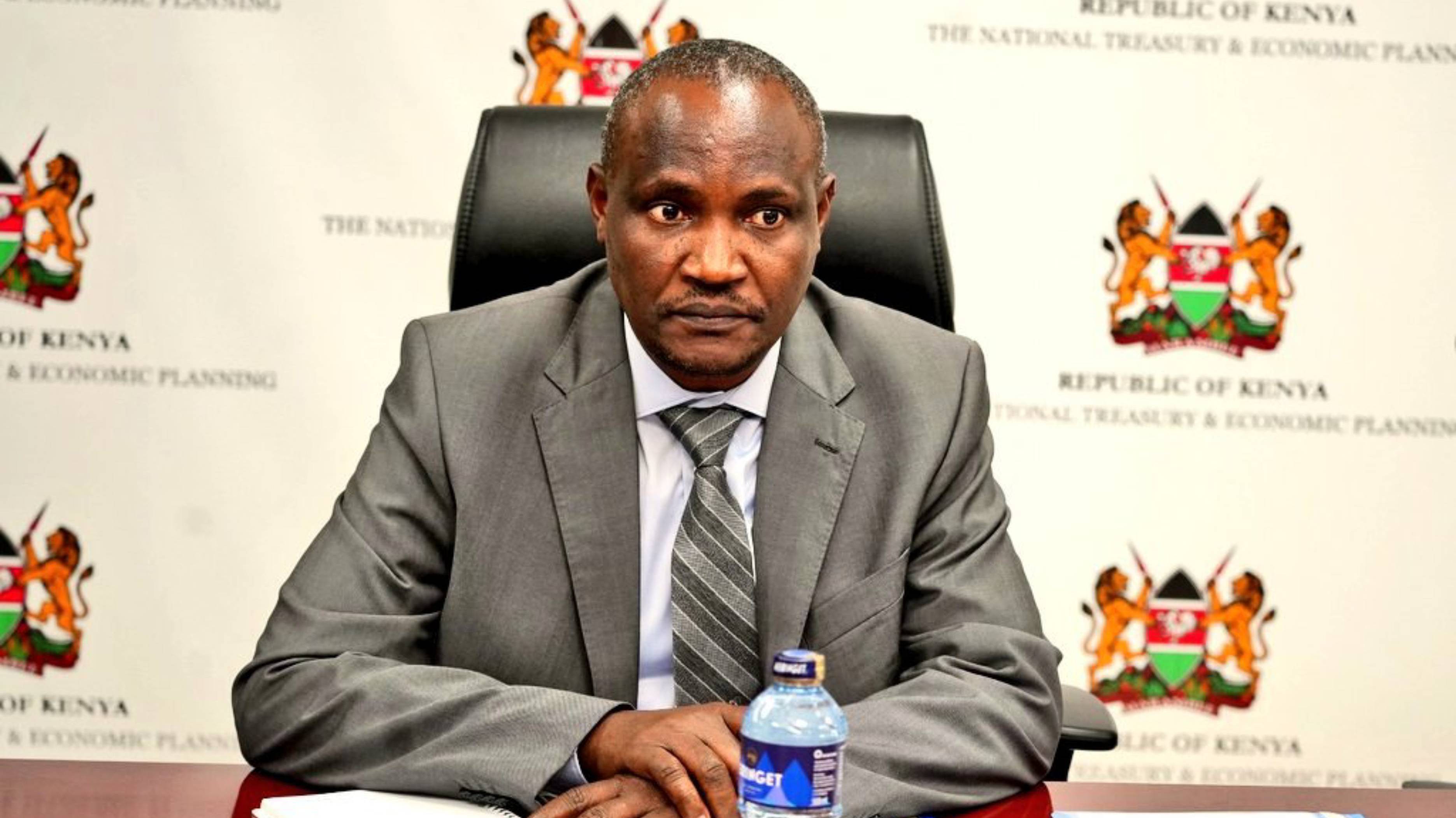
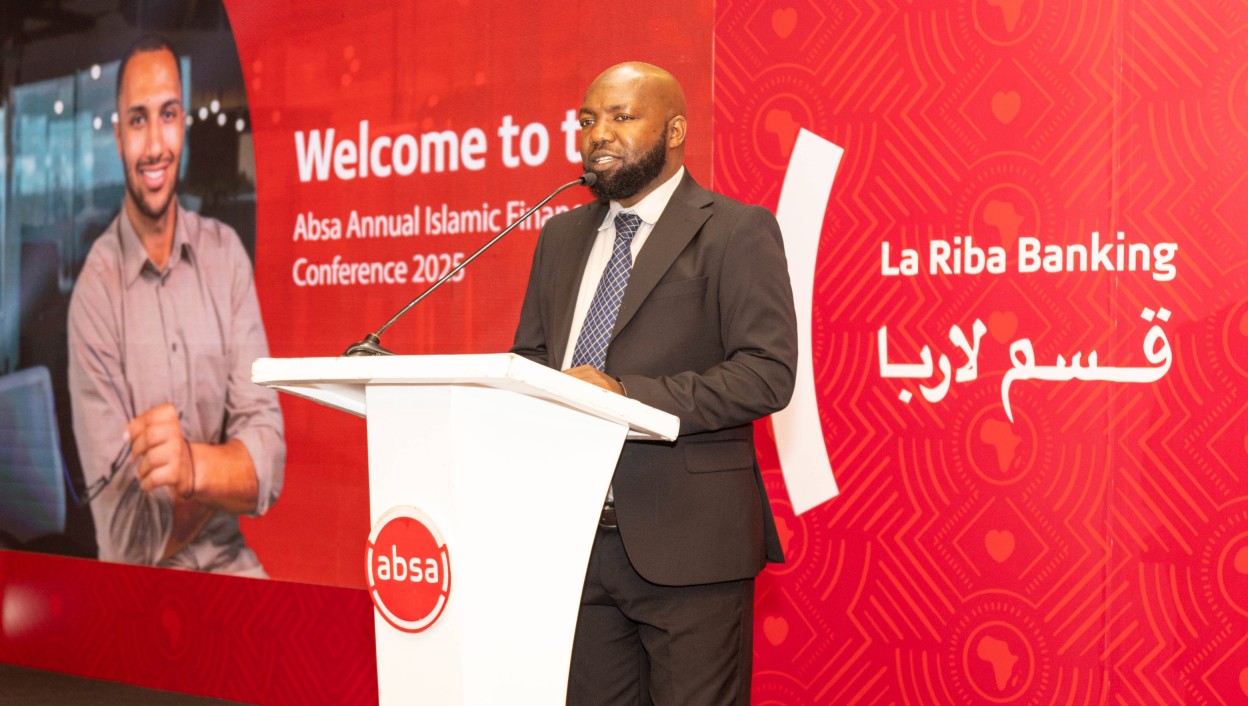
-1755100273.jpeg)


